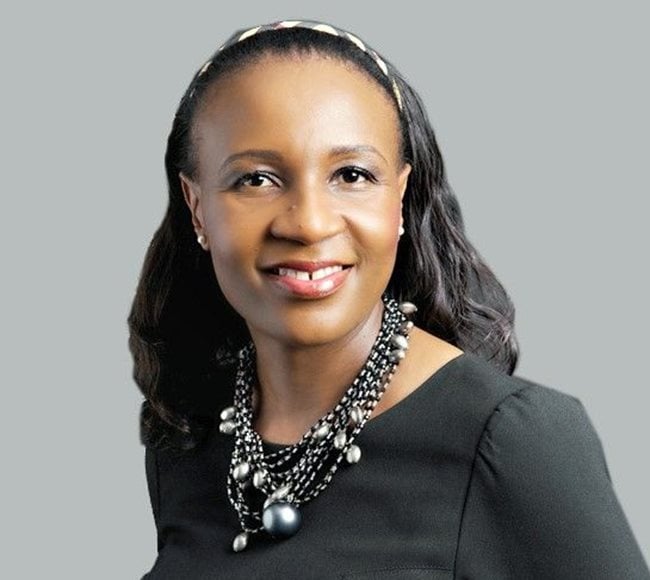#BizTrends2021: Humanise your brand with sustainable advertising

The objective of these efforts is to create a more socially aware, economically balanced and environmentally conscious world for posterity. These initiatives of course have an impact on the company’s bottom lines, and cannot be seen outside the production-line/service offering. Of course, the introduction of these initiatives tends to be costly however in most cases, the long-term positive benefits and effects outweigh them.
The essence of sustainable marketing is that you position your brand as an active figure in an environmental or societal issue. Done correctly, this has the ability to humanise your brand messages and create another reason why your customers should choose your brand over the competition.
Sustainability - not just a buzzword
Companies are cautioned not to underestimate the commitment and effort needed to participate in sustainable initiatives. These are not just trendy ideas or buzzwords designed to quickly “hook-in” the consumer and the public at large. These are programs dedicated to reducing carbon emissions, increasing recyclable materials, and creating a better world for the future that is environmentally and socially sustainable for the next generation.
The question that most chief marketing officers (and by inference their boards) need to ask themselves before they embark on sustainable “Is your board, the brand, and the entire organisation willing to make the commitment and put its money where its mouth is?”
360 Agency Berlin was one of the first sustainable advertising agency to be created Worldwide. Created in 2015, this agency took the decision to promote exclusively sustainable and ethical brands. For the first time, an advertising agency declared that they were entirely responsible for the product and brands they promote - acting as a label in the long term.
Although it may not yet be feasible for South African agencies to make this kind of commitment; in the advertising and communications industry we encourage our clients to go beyond reporting on sustainability and to ensure they incorporate it in their everyday functions and activities.
The world over, we continue to witness an increase in consumers calling for accountability and responsibility by brands. For example, this year in the EU, a group of citizens started the www.sustainableads.eu campaign to ban ads that are not sustainable.
Local is lekker
Closer to home, we are hearing a greater call and demand for supply chains to source locally-produced and locally-grown products. In time, brands that are deaf to these calls will see consumers opt for brands that are committed to building a sustainable and ethical future, even though slightly pricier.
Social and environmental issues are extremely important and need to be tackled on a larger time frame, it's not advisable to have fleeting seasonal promotions highlighting these issues. The public knows that sudden change is almost impossible, so you need an objective that targets long-term sustainable change.
For example, LEGO set itself a 12-year target with a mission to have all its bricks produced sustainably by 2030. Due to their implications on the bottom-line, these decisions are made at board level and as marketers we need to ensure that the value chain of the organisation supports them.
Brands don’t just need a sustainable idea – it has to be specific. It is easy to tell customers that one aspect of the brand is eco-friendly, but what about other elements?
For example, imagine your brand sells a drink, and you switch to new ingredients that are sustainably sourced. You may be tempted to shout about how responsible your brand is, but are the bottles you sell that drink in recyclable? What about the labels used on the bottle?
Such a problem was brought to light when McDonald’s replaced its plastic straws with paper ones. Due to the thickness of the new straws, the company said that they were not yet easily processed and recycled by its waste solution providers, so they should be put in the general waste. The story soon broke in the press.

Although the makers of the straws, Transcend Packaging, issued a statement clarifying that the straws themselves were recyclable, social media largely ignored this and the focus was on confusion caused.
The lesson is, if one aspect of your brand talks to sustainability, but it isn’t supported by other elements of your service offering, then the company risks being taken to task for it.The instant communication allowed by social media between a brand and the general public means that any promises not being delivered on will be called out.
Many things are being re-imagined in the post-Covid-19 world, marketing is no exception, and consumers will see through gimmicks very quickly and shun them. Therefore, marketing as a function of product development has to be at the forefront of championing sustainability through sustainable advertising.






































